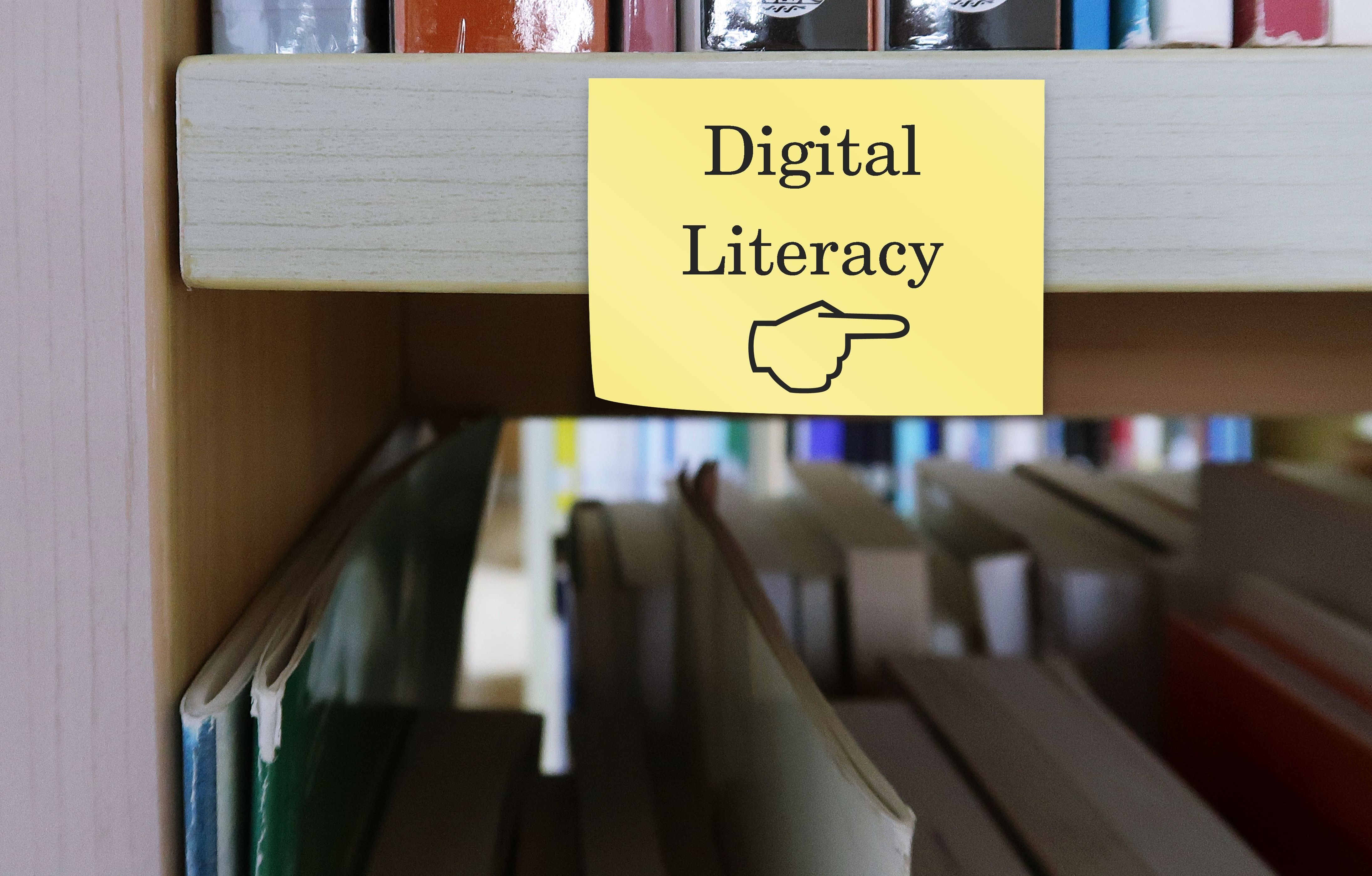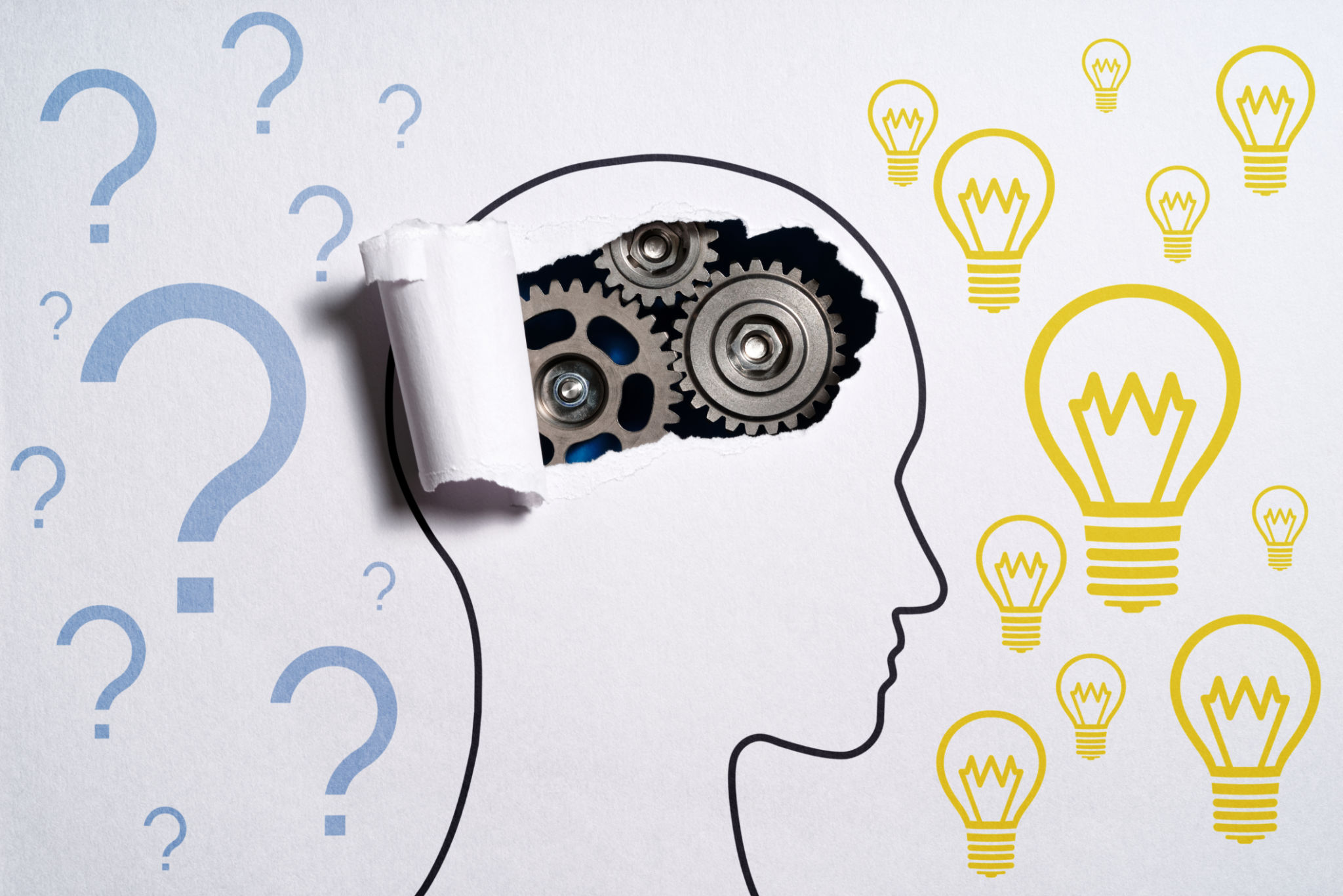Mastering Digital Literacy: Essential Skills for Tomorrow
JT
Understanding Digital Literacy
In today's rapidly evolving technological landscape, digital literacy has become a cornerstone for success. It encompasses the skills and knowledge needed to effectively navigate digital environments, from using basic software tools to understanding complex algorithms. As we move further into the digital age, the ability to read, write, and communicate in the digital world is becoming as crucial as traditional literacy.

The Core Components of Digital Literacy
Digital literacy can be broken down into several key components. These include proficiency with digital tools, critical thinking in digital contexts, and responsible digital citizenship. Mastering these skills ensures that individuals can not only consume digital content but also create and share it responsibly.
Proficiency with digital tools involves understanding how to use a variety of software applications and devices effectively. This includes everything from word processing software to more complex data analysis tools. As technology continues to evolve, staying updated with the latest tools is essential.
Critical Thinking in Digital Contexts
With the vast amount of information available online, critical thinking is more important than ever. Digital literacy requires the ability to evaluate sources critically, distinguish between credible and non-credible information, and make informed decisions based on this analysis.

Moreover, critical thinking in digital contexts involves understanding how algorithms shape the information we receive. Recognizing biases in search engine results or social media feeds is a critical component of digital literacy that empowers users to seek out diverse perspectives.
Responsible Digital Citizenship
Being a responsible digital citizen means understanding the ethical implications of online behavior. This includes respecting privacy, understanding intellectual property rights, and engaging in respectful communication. As more aspects of our lives move online, it is crucial to foster a culture of respect and responsibility.

Furthermore, responsible digital citizenship involves awareness of cybersecurity threats and taking steps to protect personal information. This includes using strong passwords, enabling two-factor authentication, and being cautious about sharing personal data online.
The Role of Education in Digital Literacy
Education plays a pivotal role in developing digital literacy skills. From early education to lifelong learning programs, educational institutions must adapt their curricula to include comprehensive digital literacy training. By doing so, they prepare students for the demands of the modern workforce and encourage continuous learning as technology advances.
- Incorporating technology into classroom activities helps students become comfortable with digital tools.
- Coding and programming classes provide foundational skills for understanding how digital systems work.
- Workshops on online safety teach essential cybersecurity practices.
The Future of Digital Literacy
As we look to the future, digital literacy will continue to be an essential skill set. The rise of artificial intelligence, virtual reality, and other emerging technologies will further expand the scope of what it means to be digitally literate. Staying ahead requires a commitment to lifelong learning and adaptability.
Ultimately, mastering digital literacy equips individuals with the tools they need to thrive in an increasingly interconnected world. It empowers them to participate fully in society, access opportunities, and contribute to innovation and progress.
